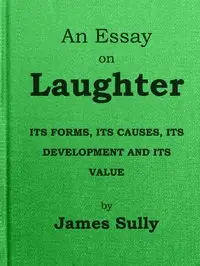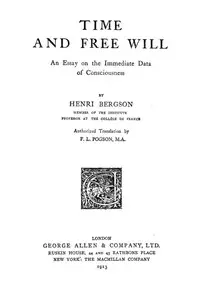"Laughter: An Essay on the Meaning of the Comic" by Henri Bergson is a thought-provoking exploration into what makes us laugh and why, written in the early 1900s. The book dives deep into the world of humor, presenting a fresh perspective on its origins, linking comedy to both our minds and how we relate to each other. Bergson looks at how comedy shapes what we do, suggesting laughter can act as a way to keep society in check. The book starts with a question: what is laughter at its core, and why do certain things strike us as funny? Bergson highlights that laughter is often a shared experience, tying us together and providing helpful insight into social situations. He notes that funny moments often stem from people acting stiff or being out of touch, framing the book for a study that relates comedy to big ideas about life and art. By pointing out that comedy mirrors human connection, he prepares us for a wider discussion of different kinds of comedy.

Laughter: An Essay on the Meaning of the Comic
By Henri Bergson
Discover the surprising social role of laughter and how it exposes the rigid follies of human behavior.
Genres
Released
2003-08-01
Formats
epub3 (images)
epub (images)
epub
mobi (images)
mobi
txt
Free Download
Summary
About the AuthorHenri-Louis Bergson was a French philosopher who was influential in the traditions of analytic philosophy and continental philosophy, especially during the first half of the 20th century until the Second World War, but also after 1966 when Gilles Deleuze published Le Bergsonisme. Bergson is known for his arguments that processes of immediate experience and intuition are more significant than abstract rationalism and science for understanding reality.
Henri-Louis Bergson was a French philosopher who was influential in the traditions of analytic philosophy and continental philosophy, especially during the first half of the 20th century until the Second World War, but also after 1966 when Gilles Deleuze published Le Bergsonisme. Bergson is known for his arguments that processes of immediate experience and intuition are more significant than abstract rationalism and science for understanding reality.
Total Reviews
10.0k
Total reviews from Goodreads may change


















